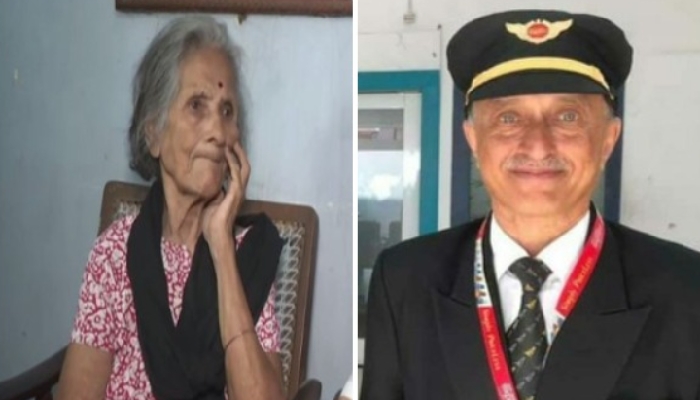 New Delhi, Apr 12: The domestic auto industry is foxed with the latest demand from the European Union — to allow zero duty import of cars.
New Delhi, Apr 12: The domestic auto industry is foxed with the latest demand from the European Union — to allow zero duty import of cars.
The proposal, which has come at the behest of the German lobby that includes global giants like Mercedes, BMW and Audi, has so far been resisted by the government but it has set off fresh fears in the industry that the government may agree to cut tariffs to as low as 5-10 % from the notified rate of 60%. After all, the government has done a series of U-turns on its position despite getting nothing much in return.
"We hope India does not give in," said Vishnu Mathur, head of Siam, the auto industry lobby group.
From holding out on cutting import duty on cars and wines and spirits to giving a firm grip to European companies in government contracts and decisions that could hinder medicine exports, the government has gone the extra mile to accommodate EU's interests.
What it has so far got in return is the promise of zero-duty textiles exports, which will put it on par with Bangladesh, while the European trading bloc has resisted any move to ease visa rules or make it simpler for Indian IT companies to do business in the 27 member countries.
Lower duty good for car buyers
While allowing professionals and contract service providers into EU, there is a safeguard clause that will kick in when 20% of the committed number of professionals enter the territory. This clause will virtually render the "flexibility" meaningless but European negotiators are unwilling to concede any ground on it.
Lower duty on cars is good for consumers dreaming of buying the latest hot rod but is bad news for creating jobs in not just the automobile industry but even in components and logistics that depend on it. In fact, it was to protect these segments that the government had chosen to keep tariffs at 100% levels after import restrictions were eased.
But during the negotiations with EU — led by commerce and industry minister Anand Sharma and closely monitored by Prime Minister Manmohan Singh — the tariff walls are all set to collapse. India has already conceded that it will lower import duty to 30% from 2017 before cutting it to 20% in 2020.
Similarly, customs duty on "high-end" wine is proposed to be slashed to 30% from near 150% levels. Although the move may not be palatable to local players, consumers would be literally uncorking the bubbly as duty will fall on bottles that cost over $3.75.
In return, it is offering to lower customs duty on sensitive goods such as milk powder , a move that will put local dairies at risk.
What has come as a huge surprise is that EU reopened talks on auto import tariffs just when the issue looked settled . When Sharma meets his EU counterpart Karel De Gucht on Monday, the issues will be back on the agenda, amid fears that the deal will be sealed in Brussels. The fears stem from the undue haste shown by the government in doing a series of Uturns .
Despite maintaining for years that it will not give any preference to European firms in government contracts , negotiators have now agreed to treat them at par with Indian companies for contracts below a threshold — likely to be fixed at Rs 100 crore. For contracts beyond the trigger point, there will be international competitive bidding. "It will also put Indian SMEs at a disadvantage since their counterparts from EU will be given the same treatment in contracts," said Third World Network's K M Gopakumar.
Similarly, on Bilateral Investment Protection Agreement , something that EU was initially not keen to negotiate, India has gone beyond what it has done for any other country despite the prospect of having to shell out billions after challenges from a host of overseas investors ranging from Telenor and Sistema to The Children's Investment Fund (TCIF).
Again, on intellectual property rights, the government's record is patchy. It may accept a proposal from EU to certify that goods exported out of India meet the norms, a task which is so far performed by European customs agents. Even on geographical indications, negotiators have softened their stance saying that they will consider special dispensation for countries that are signatories to international agreements and purely on a reciprocal basis.






Comments
Add new comment